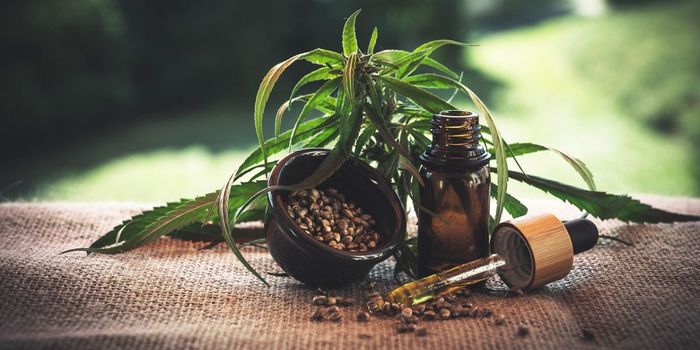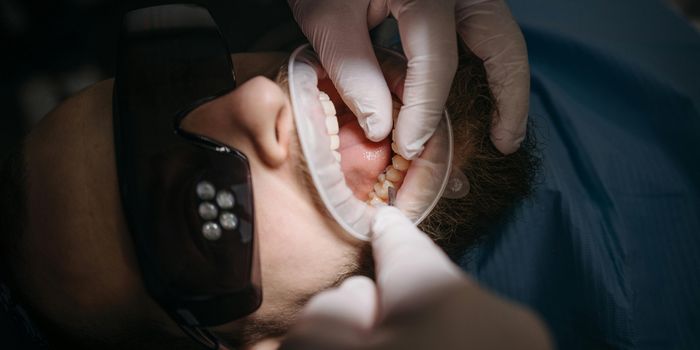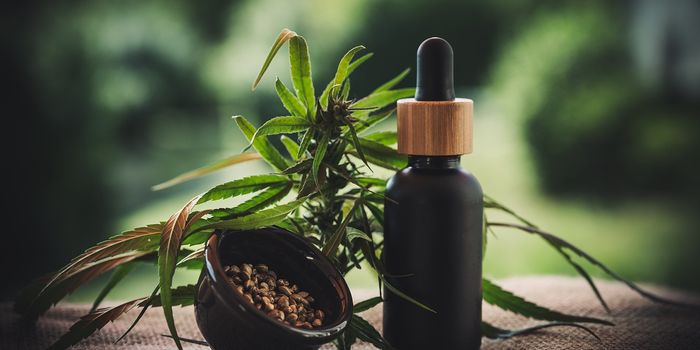High Potency Cannabis Linked to DNA Methylation
A new study suggests that high-potency cannabis influences DNA methylation and leaves a distinct mark on DNA. The findings provide insights into how cannabis use may affect biological processes. The corresponding study was published in Molecular Psychiatry.
As cannabis consumption increases globally, research into its underlying biological effects is key for safeguarding public health. So far, studies have demonstrated a dose-response link between heavy cannabis use and an increased risk of psychosis. Genetic research also shows a complex and not-yet-fully understood bidirectional relationship between genetics and schizophrenia and heavy cannabis use.
Epigenetic mechanisms are increasingly recognized as important factors in the interplay between risk factors and mental health. DNA methylation has gained particular attention with its potential to demonstrate how external influences like substance use affect gene activity.
In the current study, researchers investigated the effects of high-potency cannabis on DNA methylation among patients experiencing first-episode psychosis. To do so, they recruited 682 participants, 188 of whom were current cannabis users and 494 who had not used the substance before. DNA methylation profiles were generated from blood samples.
Ultimately, the researchers found that frequent use of high-potency cannabis- defined as having a Delta-9-tetrahydrocannabinol (THC) content of 10% or more- was linked to changes in genes associated with mitochondrial and immune function such as the CAVIN1 gene. The effects were not explained by tobacco, which is commonly smoked alongside cannabis.
“Our study is the first to show high potency cannabis leaves a unique signature on DNA related to mechanisms around the immune system and energy production. Future research needs to explore if the DNA signature for current cannabis use, and in particular the one of high potency types, can help identify those users most at risk to develop psychosis, both in recreational and medicinal use settings,” said senior author of the study, Marta Di Forti, Professor of Drugs, Genes, and Psychosis at King’s College London, in a press release.
Sources: EurekAlert, Molecular Psychiatry









